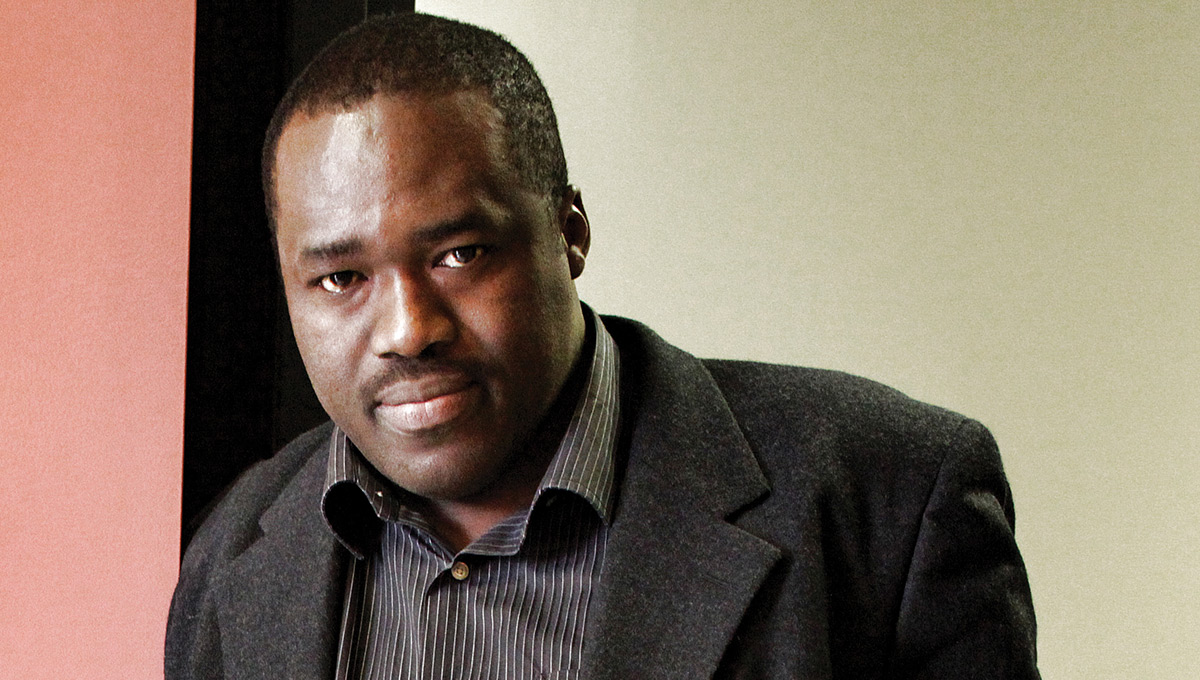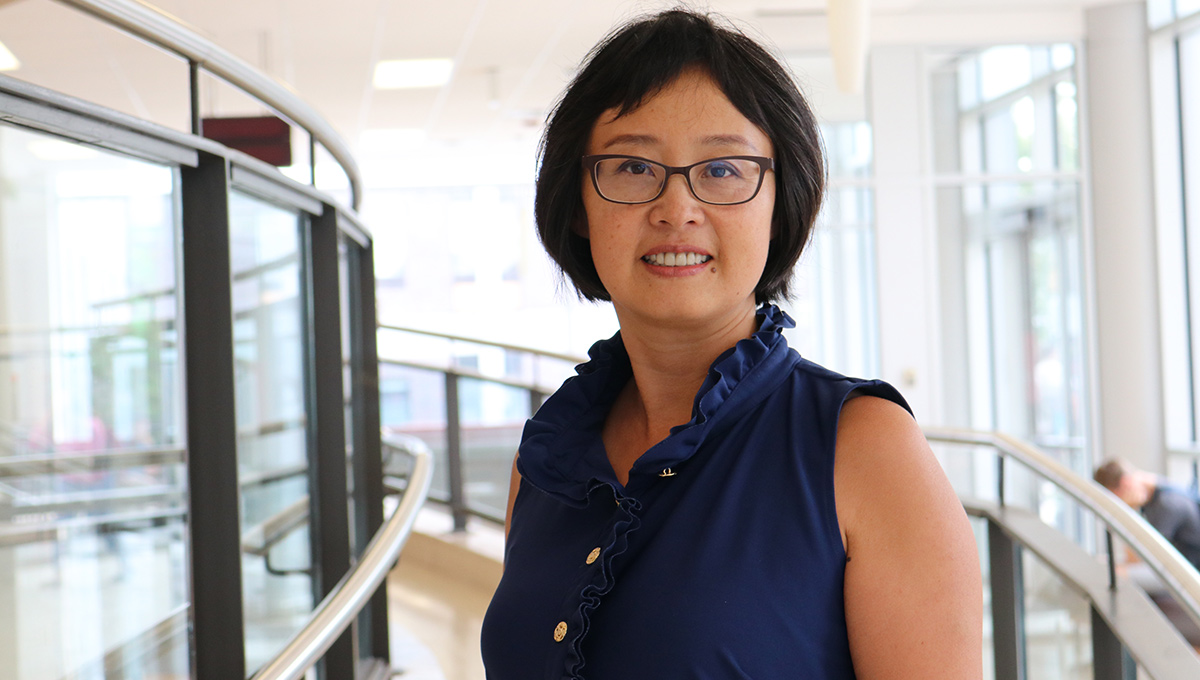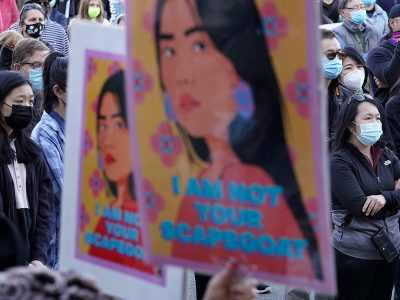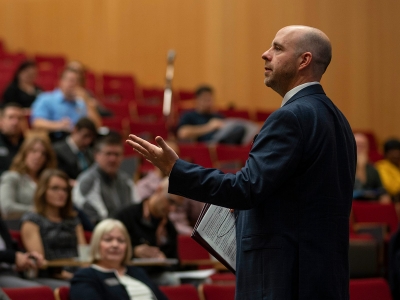By Brenna Mackay
On Oct. 13, 2020, Carleton University’s Faculty of Arts and Social Science (FASS) hosted Imagining an Anti-Racist City as part of their Healthy Cities 2020 Panel Series.
The series explores the many factors—from nature and housing to climate and art—that make a healthy city in 2020. The Carleton community came together to explore insights on the current moment and how to create transformational change.
“2020 has made the terms ‘health’ and ‘city’ more resonant than ever,” says Carleton Film Studies Prof. Aboubakar Sanogo, who was moderating the virtual event.
“With a combination of the COVID-19 pandemic and the Black Lives Matter movement, it has revealed the many ways in which systemic racism profoundly structures our way of life.”

Prof. Aboubakar Sanogo
Sanogo was joined by Xiaobei Chen and Daniel McNeil, two Carleton professors engaged in critical race studies, and Rawlson King, Ottawa’s first-ever Black city councillor and Carleton alumnus.
The panellists were asked to prepare a 10-minute presentation that explored one or more of the following questions:
- How do you think the work you do around race, racism and anti-racism help us make sense of the urgency and the stakes of the contemporary moment?
- What do you think are the nature and forms of racism that prevent or create obstacles to the emergence and existence of an anti-racist policy in the city?
- What kinds of initiatives, ideas, approaches, methodologies, strategies, or tactics can help further an anti-racist project in the city?
- What roles and responsibility do both the city and the university have in working towards the advent of an anti-racist city?
The presentations were followed by a question-and-answer discussion that explored ideas of corporate multiculturalism, minority representation in government and how to deconstruct colonial institutions that are embedded into Canadian society.

Prof. Xiaobei Chen
Missed the live event? Watch the recorded video here: https://youtu.be/0660zWNfBPs.
Wednesday, October 28, 2020 in African Studies, Events, Faculty of Arts and Social Sciences, Sociology and Anthropology
Share: Twitter, Facebook



